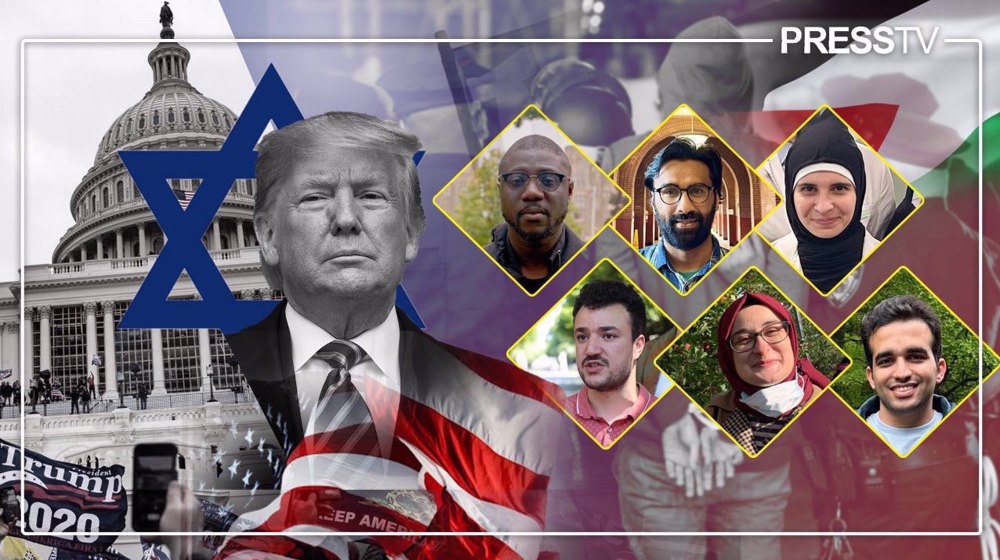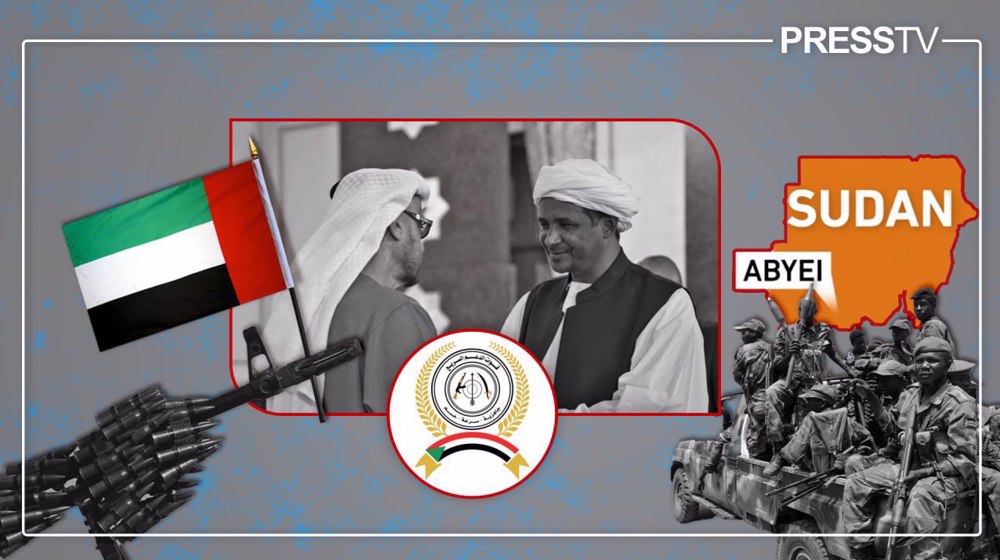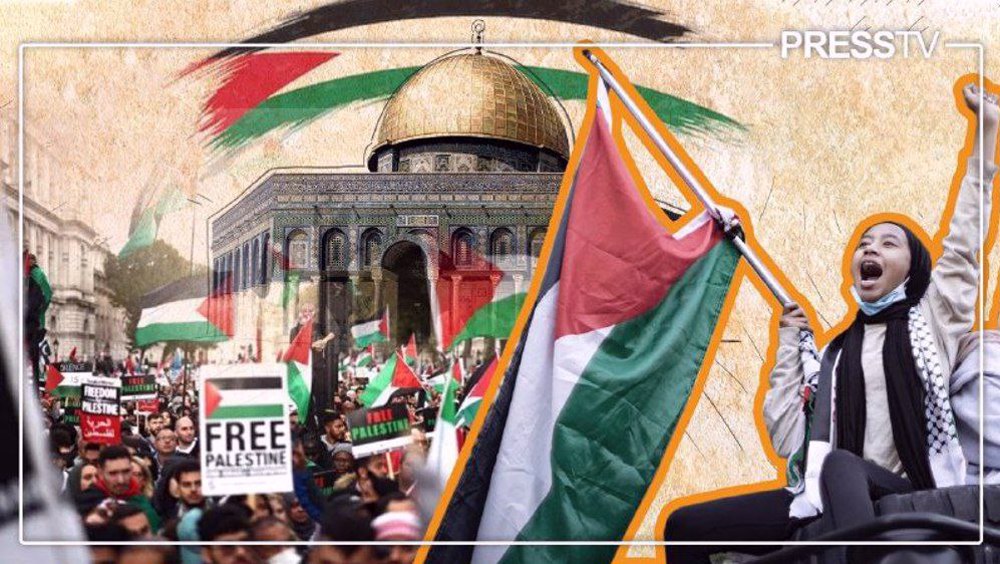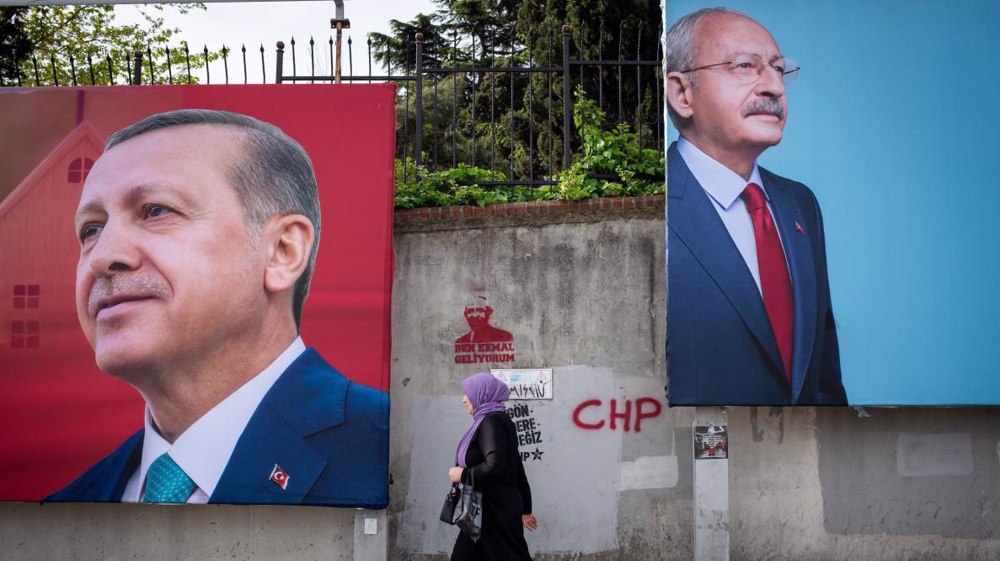Erdogan or Kılıçdaroğlu: Will May 14 vote change Iran-Turkey political equation
By Xavier Villar
On May 14, presidential elections are scheduled to be held in Turkey and for the first time in 20 years, polls suggest that Recep Tayyip Erdogan could lose to opposition candidate Kemal Kılıçdaroğlu.
This scenario — Erdogan's possible defeat — could mean not only the end of an era in Turkish national politics but also the end of the country’s certain regional policy.
Opinion polls show a close fight between the two main blocs: Erdogan's People's Alliance, composed of his Justice and Development Party (AKP), the Nationalist Action Party (MHP), and some smaller parties; and the opposition of six parties, led by the Republican People's Party (CHP).
These elections are being followed with a particular interest in many countries, including neighboring Iran, where media outlets have published opinion articles about which of the two candidates would be the most favorable option for Iran-Tehran relations as well as the region.
When Erdogan's AKP won the legislative elections for the first time in 2003, many Iranian analysts welcomed it, believing that the victory of a party considered "Islamist" could boost cooperation and coordination between Tehran and Ankara.
However, some other analysts argued that the categorization of the AKP as "Islamist" lacked real political intent, as the supposed Islamism of the party did not facilitate political collaboration between two Muslim neighbors — Iran and Turkey.
Not even on issues as important as the Palestinian question, there has been no collaboration between Iran and Turkey. Erdogan's stance on Palestine has been ambiguous as he has refused to question the existence of the Zionist entity, contrary to the official position of the Islamic Republic.
The recent bonhomie between Ankara and Tel Aviv demonstrates, for those who do not consider the AKP as "Islamist," major differences between these Muslim countries — Turkey and Iran.
Iran's position on Palestine, as well as its unwavering support for the Resistance Axis in the region, are an integral part of the anti-Zionist vision on which the Islamic Republic is based.
Erdogan's foreign policy strategy after 2003 has been built around three axes: active presence in critical points at the regional and international levels, role as a mediator in international conflicts, and improving the prestige and position of Turkey in the regions that were under the rule of the Ottoman Empire and trying to play a leadership role in the Islamic world.
A prominent example of this can be seen in Turkey's direct military and political interventions in countries such as Syria, Iraq, Libya, Tunisia, Palestine, and Qatar after 2016.
According to some regional analysts, Erdogan has pursued the ambitious goal of implementing the National Pact, an expansionist vision ratified by the Ottoman parliament in 1920, according to which some territories in the region would be part of a supposed "Great Turkey".
It is important to note that this neo-Ottoman vision, as a political ideology, can be seen as an attempt to block or erase the formation of Islamic political identity in the region.
Erdogan's victory in May 14 election could lead to the continuity and even intensification of the neo-Ottoman doctrine, which could pose problems for Iran concerning Azerbaijan, some believe.
Several Iranian media outlets have emphasized that opposition parties focus mainly on domestic politics, and present former Foreign Minister Ahmet Davutoğlu as representative of the "zero problems with neighbors" doctrine.
At the same time, the opposition is seen as much more pro-Western. If Kılıçdaroğlu wins the election, an improvement in relations with the West is expected, which is not a desirable scenario for Iran and Turkey's other neighbors.
In discursive terms, it can be said that neither Erdogan nor opposition candidate Kılıçdaroğlu views the region from the same political perspective as the Islamic Republic.
Despite all his rhetoric, Erdogan has not been able to abandon the Eurocentric episteme that maintains that political is a Western patrimony. Erdogan's ultra-nationalist and expansionist doctrine in Azerbaijan is an example of it.
The relationship between the Eurocentrism of the nation-state and the constitutive role of supremacism and racism in the foundations of European and American nationalism is widely known.
Erdogan and Kılıçdaroğlu are heirs to those intellectuals who, in the 'Muslimistan' of the late 19th and early 20th centuries, instead of criticizing the epistemological framework of the nation-state for its racist and unjust foundations, sought its inclusion by trying to demonstrate their political assimilation with the West.
The Islamic Revolution, on the other hand, rejected the Eurocentric model of the nation-state as the exclusive place for the political, explicitly identifying the nation-state model as racist, and forging a political alternative based on Muslim identity and an Ummatic vision.
Therefore, we can say that despite many political differences between Erdogan and Kılıçdaroğlu, Iran's relationship with Turkey in terms of political and geopolitical challenges will remain unchanged regardless of who has the last laugh on May 14.
Xavier Villar is a Ph.D. in Islamic Studies and researcher who divides his time between Spain and Iran.
(The views expressed in this article do not necessarily reflect those of Press TV.)

'Land of the unfree': Trump admin’s war on pro-Palestine activism on US campuses

The forgotten war: Sudan, crimes against humanity, and UAE’s deep complicity

Intl. Quds Day: None of us are free until Palestine is free – river to the sea
Trump ‘not ruling out’ Iran's offer of indirect nuclear talks: Report
Israeli military uses human shields in Gaza ‘at least six times a day’
Israel expands war on Gaza Strip to seize 'extensive territory'
Top US universities normalizing 'fascistic governance’: Fired Iranian scholar
Report: Saudi, UAE, Qatar, Kuwait ban US warplanes for strikes
VIDEO | The day Iran said yes
More journalists killed in Gaza than in both World Wars combined: Report
US lawmakers move to block arms sales to Israel amid Gaza war







 This makes it easy to access the Press TV website
This makes it easy to access the Press TV website